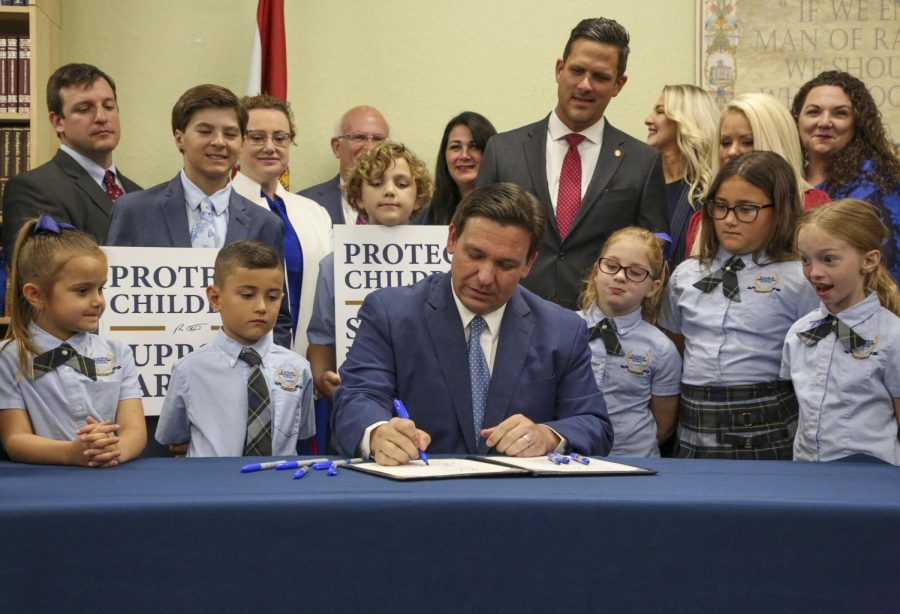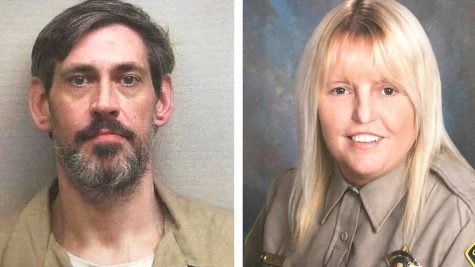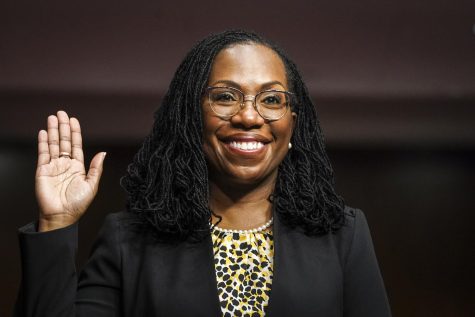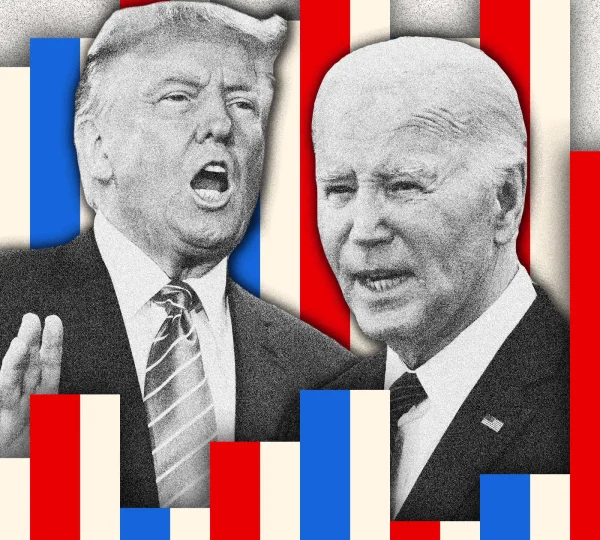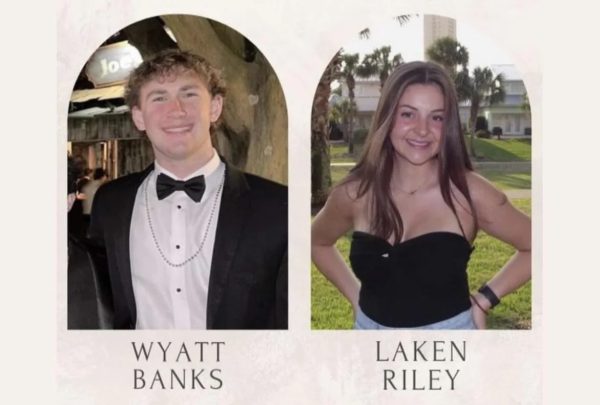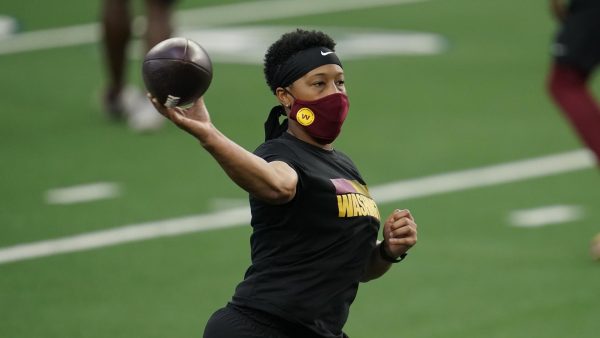Freedom of speech and sexuality
At a charter school in Florida, students staged a walkout in protest of the bill, called the ‘Don’t Say Gay’ bill, which Governor DeSantis signed on March 28. Teenagers carried signs with statements such as “it’s okay to say gay” and the governor’s phone number written in bold letters. Various news stations televised the protest with helicopters hovering over the crowd.
“How will not being able to say gay prevent future kids from being gay? LGBTQ students deserve to see their own history just like their peers. Allowing teachers and students to be open about themselves would overall lead to a more safe and comfortable school environment,” Sophie Pelfrey, freshman, said.
The bill states that classroom instruction on gender and sexuality should be prohibited. The language used is extremely vague, yet critics’ calls for clarification have been ignored. In addition, it would also give parents complete control over their children’s access to physical, emotional, or mental health services their school provides.
“The bill dictates that schools must notify parents of which health care services are offered at the schools and parents can withhold consent or decline services for their children,” wrote Kiara Alfonseca, reporter for ABC News.
The ‘Don’t Say Gay’ bill is the topic of discussion across the nation, and at this time, it has only been passed in Florida. Many have begun to voice their disapproval for the proposal. In Los Angeles, Regina Hall, Amy Schumer, and Wanda Sykes, who hosted the Oscars, made sure to say the word “gay” in hope of bringing more national attention to the bill. Wanda Sykes, an openly gay woman, started the night off with a jab by making a joke about the legislation.
“We are going to have a great night tonight. And for you people in Florida, we are going to have a gay night,” Sykes said.
As of March 9, the same bill was introduced in the Georgia Senate. Though it is not as close to becoming legislation, the ideals of restricting conversation on LGBTQ history are beginning to become a topic of discussion in the public sector. The politicians behind the proposal never explicitly use the word “gay” in the proposal, but the ‘Don’t Say Gay’ bill continues to spark protest and outrage all over the United States.

Hey hi, I’m Aislin and this is my second year as a part of the Talon staff. Apart from the newspaper, I am also on the varsity cheer team at Etowah,...

